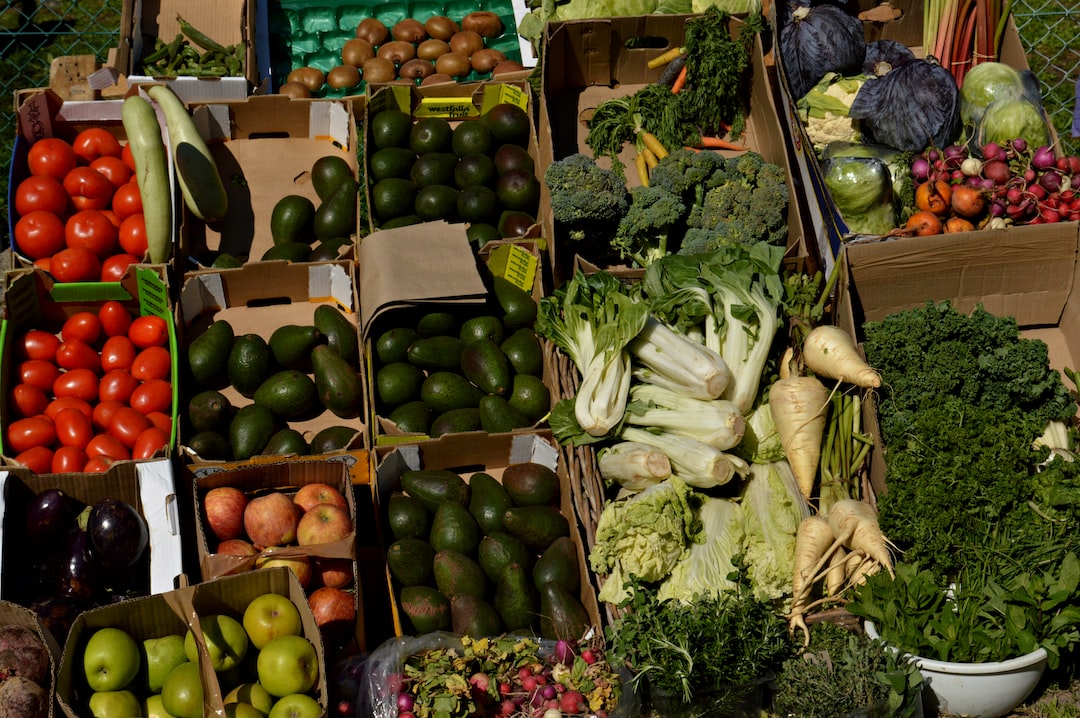One of Africa’s leading environmentalists has said that Africa must take greater control in the industries it supplies with raw materials to lift its people from poverty and seize its own destiny in a low-carbon world.
Wanjira Mathai, who is the managing director for Africa and global partnerships at the World Resources Institute thinktank, said that much more of what the continent produced must be processed and made use of close to where it is produced, if the world is to shift to a low-carbon footing.
Africa’s vast resources are vital to the global economy, in sectors spanning agriculture, forestry and fisheries to minerals and metals. But most of these are extracted to be processed and turned into finished products elsewhere, sometimes with dire environmental consequences.
Mathai said that products such as cobalt, copper and gold are used in increasing quantities in renewable energy production and low-carbon technology such as electric vehicles. But if the processing is nearly all done overseas, few of the economic and social benefits will come to Africans themselves.
Read also: G20 ministers say world’s billionaires should pay minimum 2% wealth tax
“How do we activate value chains in food and agriculture that build wealth for small farmers?” she asked. “Not commercial agriculture [that just means getting] bigger, bigger, bigger. But how do we get really good at building these sorts of economies for small farmers that are fairer, more equitable, that are about wellbeing?”
The answer, she believes, lies in processing more of Africa’s raw materials close to where they are produced. For instance, cocoa beans could be processed into cocoa butter in the African nations where they are grown, instead of being exported in their raw form, even if turning the butter into chocolate still happens elsewhere.
“By moving up the value chain, we will be able to generate much more income,” she said.
This will also make the processes more efficient. “Transporting raw materials across the world is a lot more carbon intensive than transporting a more processed product. And what it does is create an economy that is much greater than depending on the charity of others,” she said.
Story was adapted from the Guardian.
